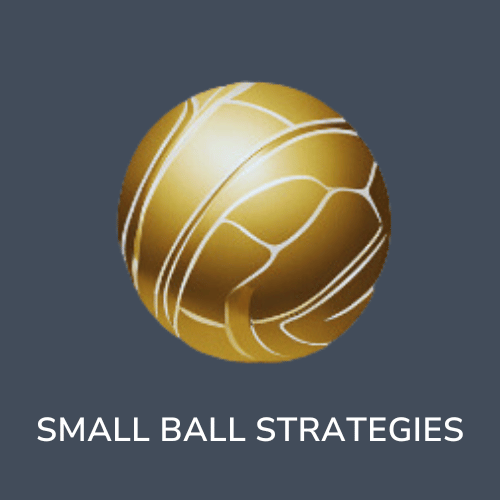Acquisition
The process where one company buys another, either through purchasing shares or acquiring assets. In the medtech industry, acquisitions often involve larger companies purchasing smaller startups to expand their technology portfolio or market share.
Burn Rate
The rate at which a company spends its available cash, typically expressed on a monthly basis. For medtech startups, managing burn rate is crucial to maintaining enough runway for development and commercialization.
Cash Flow
The total amount of money being transferred into and out of a company. In early-stage medtech companies, positive cash flow is essential for covering operational costs, especially when revenue generation is minimal or absent.
Commercialization
The process of bringing a new medical device or product to market. It involves regulatory approval, manufacturing, and distribution. For medtech startups, commercialization is often a key hurdle due to complex regulatory requirements and high costs.
Due Diligence
A comprehensive appraisal of a company undertaken by a prospective buyer, especially in M&A deals. This process includes financial audits, intellectual property evaluations, regulatory compliance checks, and an assessment of company risks and liabilities.
Exit Strategy
A plan developed by a business or investor to sell ownership, typically through a merger, acquisition, or public offering. For medtech startups, having a well-defined exit strategy is vital to attract investors and plan for long-term growth or sale.
Funding Rounds
The stages at which a startup raises capital, often categorized as Seed, Series A, Series B, and so on. These rounds reflect the growth stage of the company, with Series A generally focused on scaling and subsequent rounds for expansion or acquisition readiness.
Intellectual Property (IP)
Legal rights to inventions, designs, and technology owned by a company. In the medtech industry, strong IP portfolios are crucial for protecting innovations and can significantly influence a company’s valuation during an acquisition.
Initial Public Offering (IPO)
The process by which a private company offers shares to the public for the first time. While many medtech startups aim for an acquisition, an IPO is another potential exit strategy, though less common due to the heavy regulatory and financial requirements.
M&A (Mergers and Acquisitions)
A general term that refers to the consolidation of companies or assets through various types of financial transactions, including mergers, acquisitions, and takeovers. In the medtech industry, M&A activity often centers around strategic acquisitions of innovative technologies.
Market Traction
The progress a company makes in its target market, often measured by sales, customer adoption, or partnerships. For medtech startups, demonstrating market traction is a critical factor for attracting investors or acquirers.
Non-Dilutive Funding
Capital that does not require giving up equity in the company, such as grants or government funding. This is especially important for medtech startups that want to retain control while securing funds for research and development.
Pivot
A strategic shift in a company’s focus or business model. In medtech, a pivot might occur when a product doesn’t achieve market traction or when a new regulatory or technological opportunity arises.
Pre-Commercial
Refers to a startup or company that has not yet begun selling its product or service to customers. In medtech, pre-commercial companies are often focused on product development, regulatory approval, and clinical trials.
Regulatory Approval
The process of getting permission from governing bodies (like the FDA in the U.S.) to market a medical device. This is often one of the most time-consuming and costly stages for medtech startups.
Return on Investment (ROI)
The gain or loss generated on an investment relative to the amount invested. In medtech exits, investors and stakeholders closely monitor ROI to evaluate the success of a merger or acquisition.
Runway
The amount of time a startup has before it runs out of cash, based on current expenses and revenue (if any). A long runway gives medtech startups more time to achieve milestones, such as product development or market entry.
Strategic Acquisition
An acquisition made by a larger company to fulfill specific business objectives, such as expanding into new markets, acquiring innovative technologies, or eliminating competition. In medtech, strategic acquisitions often involve large healthcare or pharmaceutical companies acquiring smaller innovators.
Valuation
The process of determining the overall worth of a company, often used in the context of fundraising or acquisition. In medtech, valuation depends heavily on factors like intellectual property, market potential, and regulatory approval status.
Venture Capital (VC)
A form of private equity financing provided by investors to startups with high growth potential. Medtech startups often rely on venture capital to fund research, development, and commercialization efforts.


